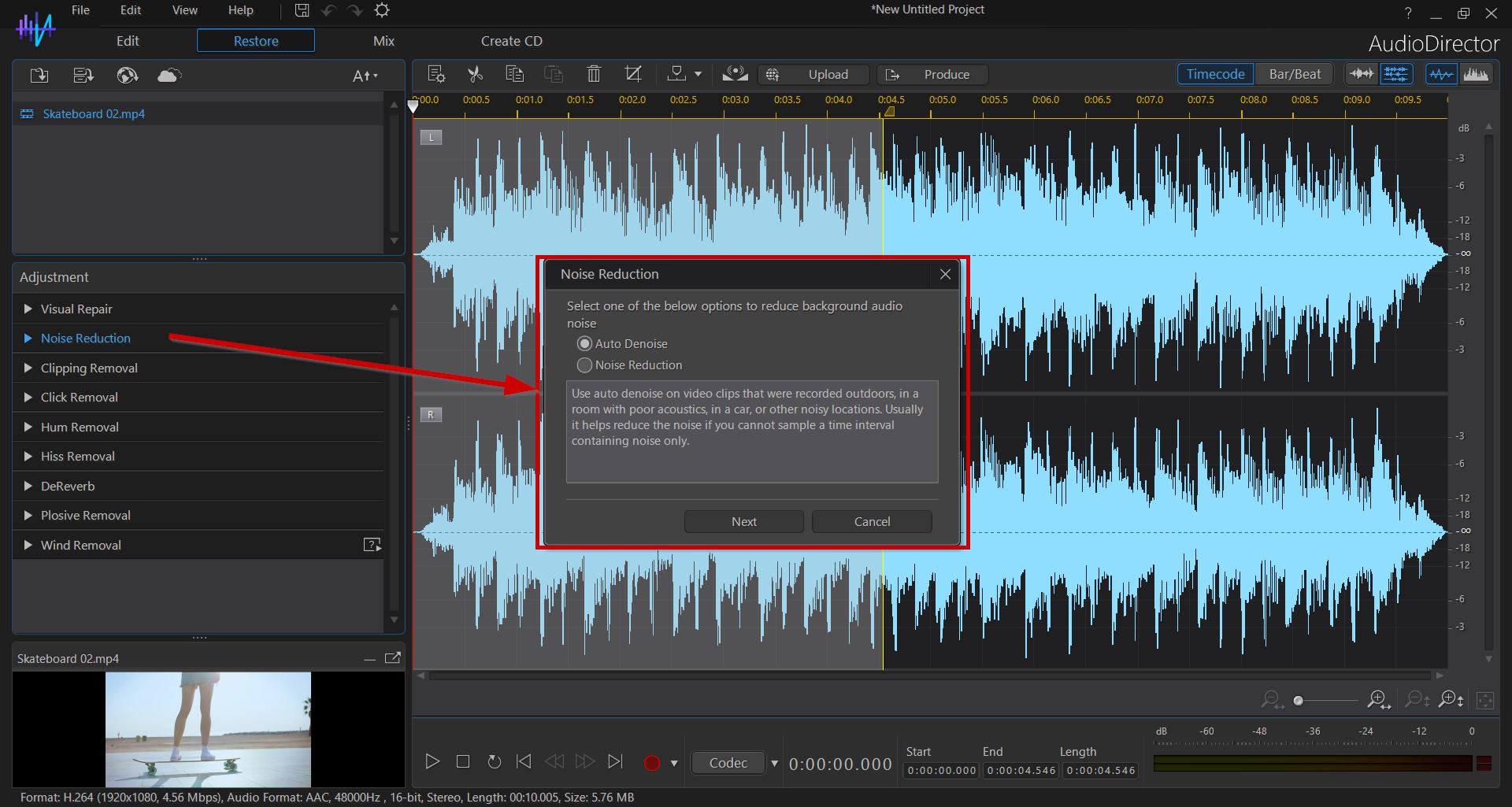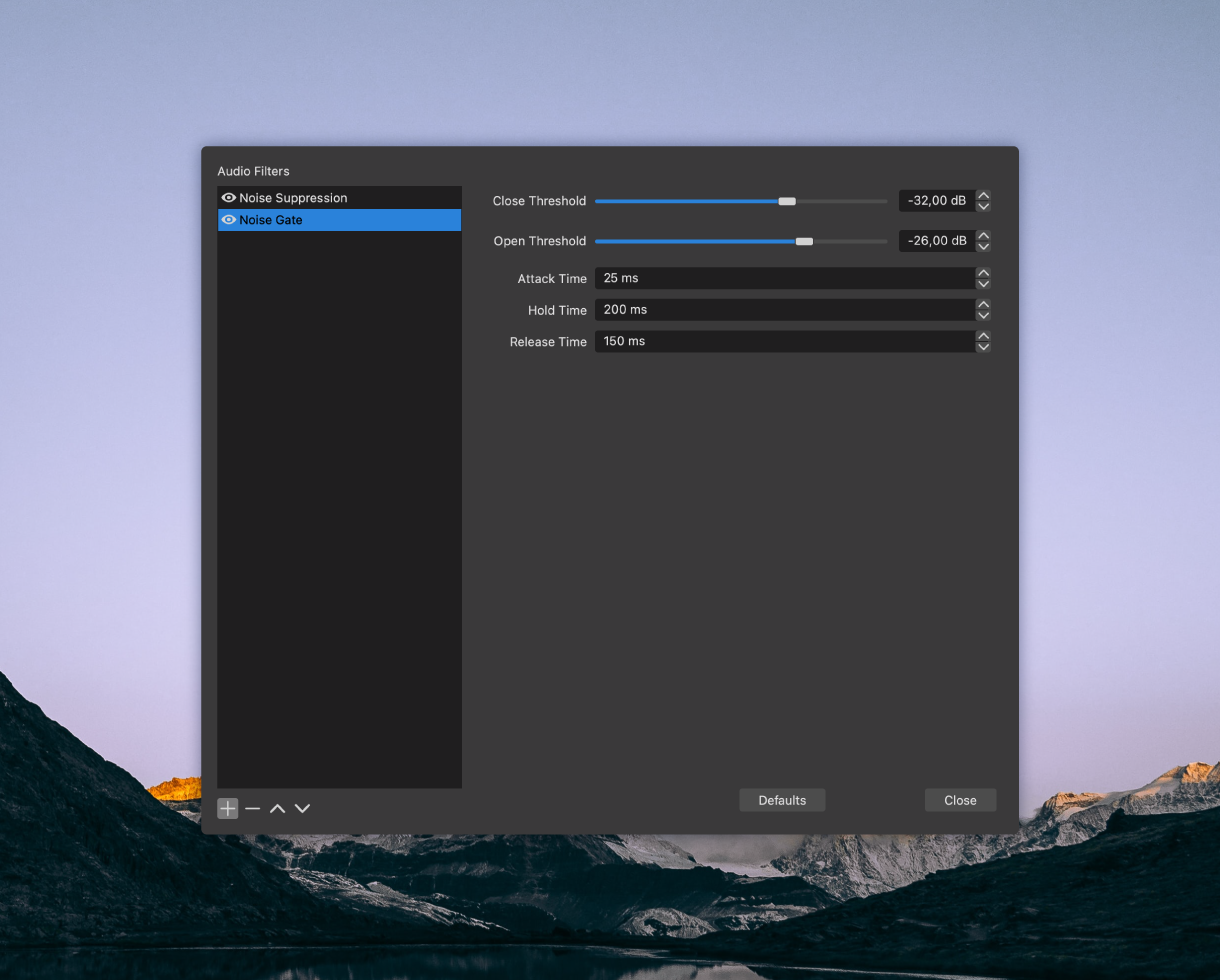How To Make Background Noise Go Away

In today's increasingly noisy world, from bustling city streets to clamorous home offices, the ability to minimize or eliminate unwanted background noise has become a highly sought-after skill.
Whether you're trying to improve the clarity of your online meetings, focus on a crucial work task, or simply enjoy a moment of peace, effectively managing ambient sound is essential. This article explores various techniques and technologies that can help you achieve a quieter, more productive environment.
Understanding Background Noise
Background noise, also known as ambient noise, encompasses all sounds present in a given environment other than the specific sounds you are trying to hear or record. These can include traffic, conversations, construction, or even the hum of appliances.
The impact of such noise can range from minor annoyance to significant disruption, affecting concentration, productivity, and even mental health. The World Health Organization (WHO) has published studies detailing the adverse effects of environmental noise on sleep, cardiovascular health, and cognitive performance.
Practical Noise Reduction Strategies
One of the simplest and most cost-effective methods for reducing background noise is through physical soundproofing. This involves creating a barrier between you and the source of the noise.
Earplugs or noise-canceling headphones are a popular choice for blocking out distractions. For a more permanent solution, consider adding thick curtains, rugs, or acoustic panels to your workspace or living area.
Another approach is to use white noise or ambient sound generators. These devices create a consistent, masking sound that can help to cover up distracting noises.
Common examples include fans, air conditioners, or dedicated white noise machines. Numerous apps and online platforms also offer a wide variety of ambient sounds, such as rain, ocean waves, or forest sounds, that can effectively mask unwanted noise.
Leveraging Technology
Advancements in technology have provided sophisticated tools for noise reduction, particularly in audio recording and communication. Noise-canceling microphones and software are widely used in video conferencing platforms like Zoom, Microsoft Teams, and Google Meet.
These technologies employ algorithms to identify and suppress background noise, ensuring clearer audio for participants. Many smartphones and computers also include built-in noise reduction features that can be activated during calls or recordings.
For audio and video editing, specialized software like Adobe Audition or Audacity offers advanced noise reduction capabilities. These programs allow you to isolate and remove unwanted sounds from recordings, resulting in a cleaner and more professional final product.
Creating a Quieter Environment
Beyond specific tools and technologies, creating a quieter environment often involves making thoughtful adjustments to your surroundings. Identifying and addressing the sources of noise is a crucial first step.
For example, if traffic noise is a major concern, consider moving your workspace to a quieter area of your home or office. Sealing windows and doors can also help to reduce the amount of noise that enters the space.
Communicating with neighbors or coworkers about noise levels can sometimes lead to simple solutions. Setting boundaries and establishing quiet hours can create a more peaceful environment for everyone involved.
The Human Element: A Case Study
Consider the experience of Sarah Chen, a freelance writer who struggled to focus on her work due to the constant noise from nearby construction. Initially, she relied on earplugs, but found them uncomfortable for extended use.
After experimenting with various techniques, Sarah discovered that combining noise-canceling headphones with a white noise app proved most effective. She also negotiated a slightly quieter workspace with her family, further reducing distractions.
"The combination of technology and communication made a significant difference in my productivity and overall well-being," Sarah explained. This personal anecdote highlights the importance of finding a tailored approach that addresses individual needs and circumstances.
Conclusion
Minimizing background noise is a multifaceted challenge that requires a combination of practical strategies, technological solutions, and environmental adjustments. By understanding the sources of noise and implementing appropriate techniques, individuals can create quieter, more focused environments that enhance productivity, well-being, and overall quality of life.
From simple soundproofing measures to advanced noise reduction technologies, the options are diverse and readily accessible. Experimenting with different approaches and finding what works best for your specific situation is key to achieving a peaceful and productive atmosphere.

![How To Make Background Noise Go Away How to Reduce Background Noise on Mic [Ultimate Guide] - MiniTool](https://www.partitionwizard.com/images/uploads/2021/05/how-to-reduce-background-noise-on-mic-thumbnail.jpg)








![How To Make Background Noise Go Away How to Remove Background Noise from Audio [Top 10 Tools]](https://www.softwaretestinghelp.com/wp-content/qa/uploads/2022/09/How-to-Remove-Background-Noise-from-Audio.png)







